Caroline Sutton
We talked to Caroline Sutton, whose new book, Don’t Mind Me, I Just Died: On Time, Tennis, and Unforgiving Mothers, was published in December of 2017.
What was your process for compiling your essay collection? How did you choose which order to put the essays in?
I wrote the essays that appear in Don’t Mind Me, I Just Died over a period of about fifteen years. During that time I wrote a number of pieces related to travels in Vietnam, China, and elsewhere, which I originally intended to include in my first collection. My earliest vision of the book projected a here and there dichotomy—narratives about family and relationships, followed by narratives about places far afield. At the suggestion of my editor, Ed Myers, we decided to focus the collection on the former for a more cohesive whole. I kept “To Arrest the Phases of the Moon” because although about wildlife in South Africa, it touches on themes of motherhood, which are central to the book.
Clearly it would have been logical to clump all the pieces about my mother’s decline and death together and to sequence them chronologically. But that organization didn’t reflect the quality either of my experience or my attempts to recall it. I decided to frame the book with my mother, starting with her death and the history of her family coming to this country when she was three, interspersing my struggles with her over the years, and ending with my final connection to her--her dog that I inherited and came to love. In between, stories weave back and forth in time, as memory does, deal with a range of subject matter, and fall into four sections loosely organized around themes of marriage, imagination, time, and loss. My hope is that when reading the essays, a reader feels a sort of organic rhythm and patterning similar to ways we experience things and perhaps years later take another look at them. (“Recovering Time” concretizes this idea pretty explicitly through the portrayal of parallel experiences over generations.) What I didn’t foresee as I wrote the individual stories is the possibility for a collection to be more than the sum of its parts, (just as an album can be more than a group of songs) and that can occur through inner reflectivity of themes and motifs, which is ultimately expansive.
Do you have any new writing projects in the works?
Yes, I’ve completed a full-length memoir about growing up on Philadelphia’s WASPy Main Line and my not entirely successful attempts to escape it. I hope to publish the book this year or next. I’m currently working on a new collection of nature-based essays. I’m having fun researching such incredible creatures as horseshoe crabs and flying squirrels, but each essay takes a journey to the human, be analogous behaviors, implications of our treatment of or interaction with the natural world, effects on our perception, and so on.
What is your typical writing process? Do you write every day, or more sporadically?
Once I’ve started a piece, the computer is a magnet. I can’t stay away. But since there is lag time between ideas, you could say I write sporadically. I also teach high school, and grading papers makes me use an analytical side of my brain, which usually isn’t conducive to starting a new narrative, but shouldn’t be an excuse. Over the past two summers when I wrote the memoir, I wrote every day, starting first thing in the morning--my preferred time when coffee is kicking in, energy highest, mind not yet cluttered.
As for process, it varies. At times I start with an idea that almost propels itself. If I start with an image or situation I may not be sure what the theme is, or even if I’ll find one. Those stories can be frustrating, enlightening, or both, depending on how the journey goes and if I find a thread. Each time I sit down to write, I read from the beginning to get back into my own voice; I’m what you might call an aural writer in that I hear the rhythm of sentences as they go down.
What advice do you have for other writers now that you have a book out?
My advice to other writers: persist. Keep writing and divorce yourself from the publishing process. To gain credibility for possible book publication, I sent my essays out to a huge range of journals. The process was laborious (especially before one could do this digitally), response time was aggravating, selection process a mystery, close calls frustrating. You need to numb yourself to rejection, as if you were marketing someone else’s work. Eventually, I established a working relationship with a few editors at these journals, but it took time, and first I had to navigate the anonymous labyrinth of Submittable and the like. I teach creative nonfiction to high school seniors, but I discourage them from starting this process since it can be defeating, especially to young writers.
Thanks for the interview, Caroline, and congratulations on the new book!
